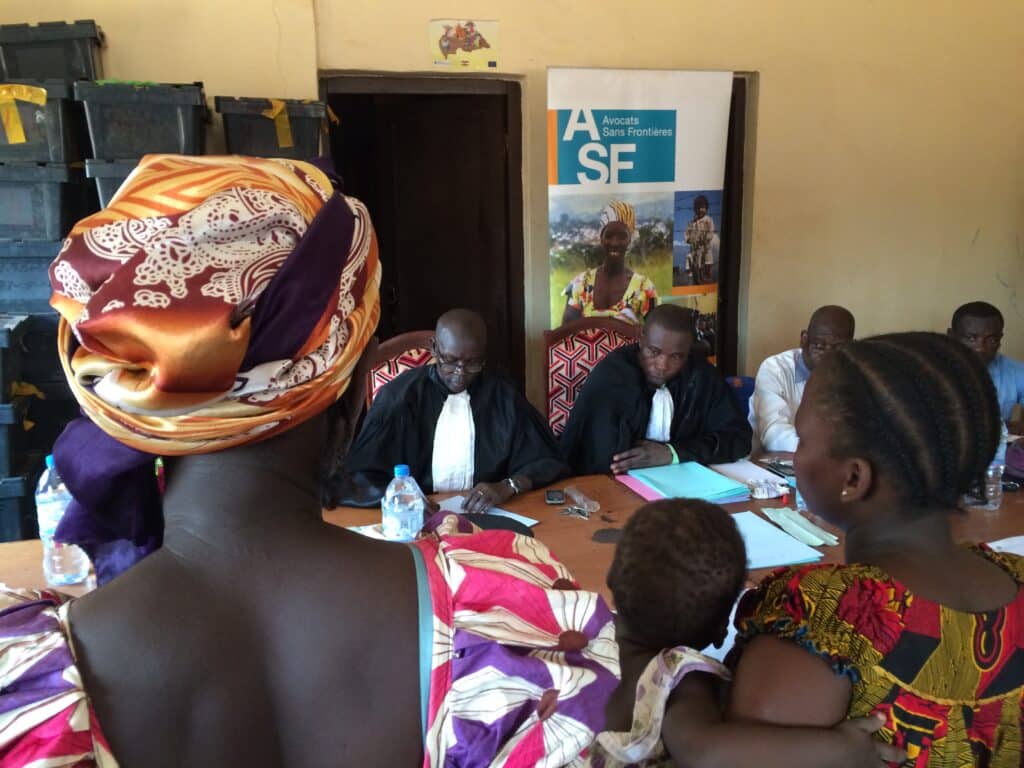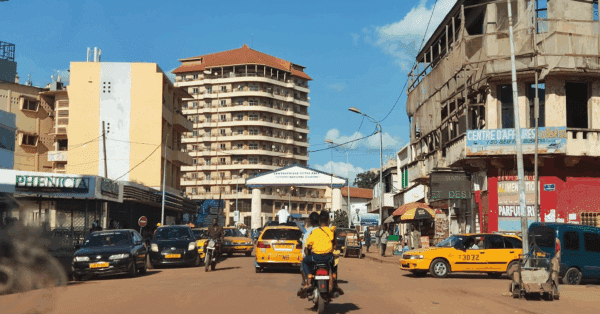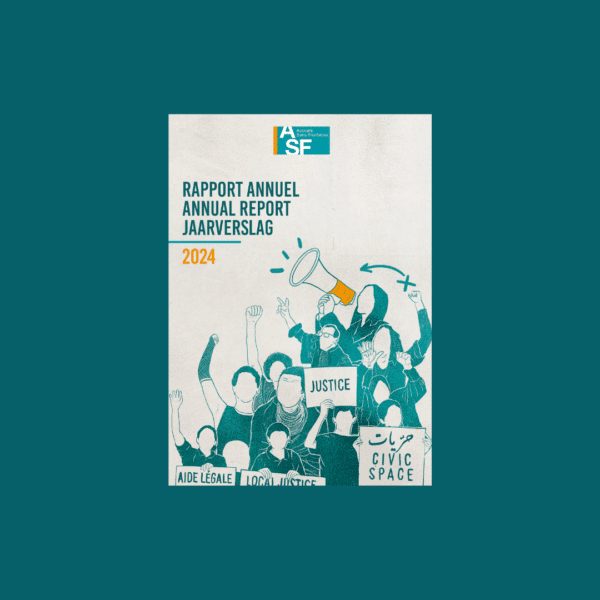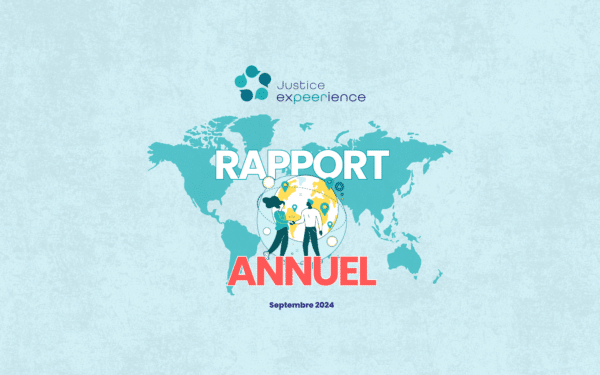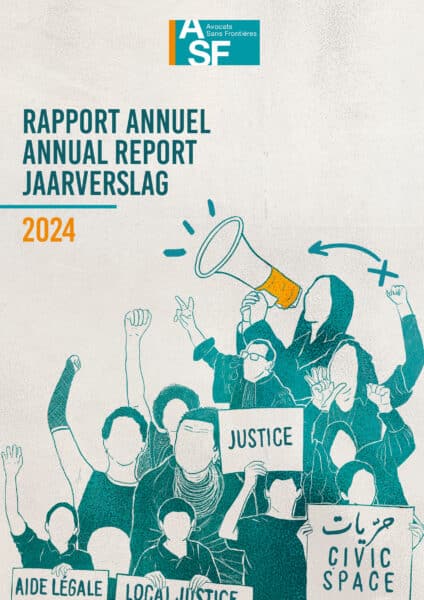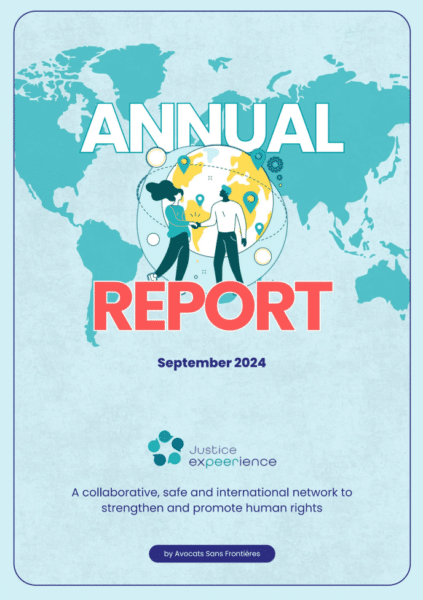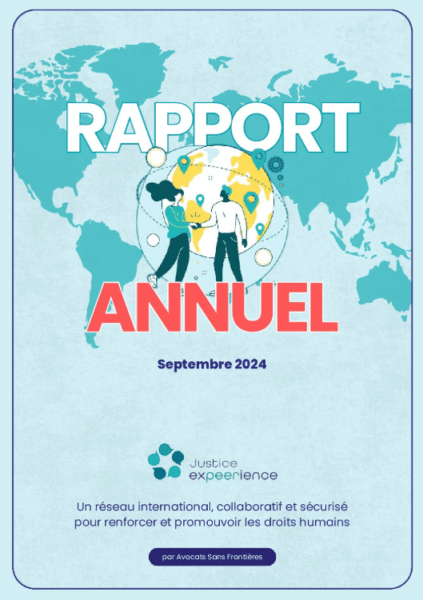Context
The many political and military crises that have affected the Central African Republic (CAR) have for decades been undermining the establishment of the rule of law. Justice, perceived as arbitrary and not independent by a majority of the population, is faced with enormous challenges.
Legal personnel, mainly located in the capital Bangui, are too few to provide their services to the country’s 3 courts of appeal and 24 tribunals. Of the hundred or so lawyers officially registered, only one is located outside of the capital. Furthermore, the training of justice actors falls short in terms of quality.
The country’s needs in the justice sector are considerable, both in terms of supply and demand for justice:
- For citizens seeking justice: lack of knowledge of rights and procedures, geographical remoteness, insufficient funds, lack of understanding of the role of justice actors, lack of trust and reluctance (religious, cultural, social) to seek formal justice, etc.
- For legal personnel offering their services: lack of political will, problem of articulation between the formal and informal justice system, insufficient resources (human, financial, material), lack of training/supervision of institutional actors, insufficient geographical coverage, non-conformity, non-existence and inadequacy of the normative framework, corruption and other forms of abuse and lack of synergy between actors.
ASF’s intervention strategy
ASF highlights a holistic approach to access to justice in CAR, whilst supporting community justice actors (neighbourhood chiefs, customary and religious leaders) and strengthening the capacity building of key legal aid actors (bar associations and civil society organisations).

